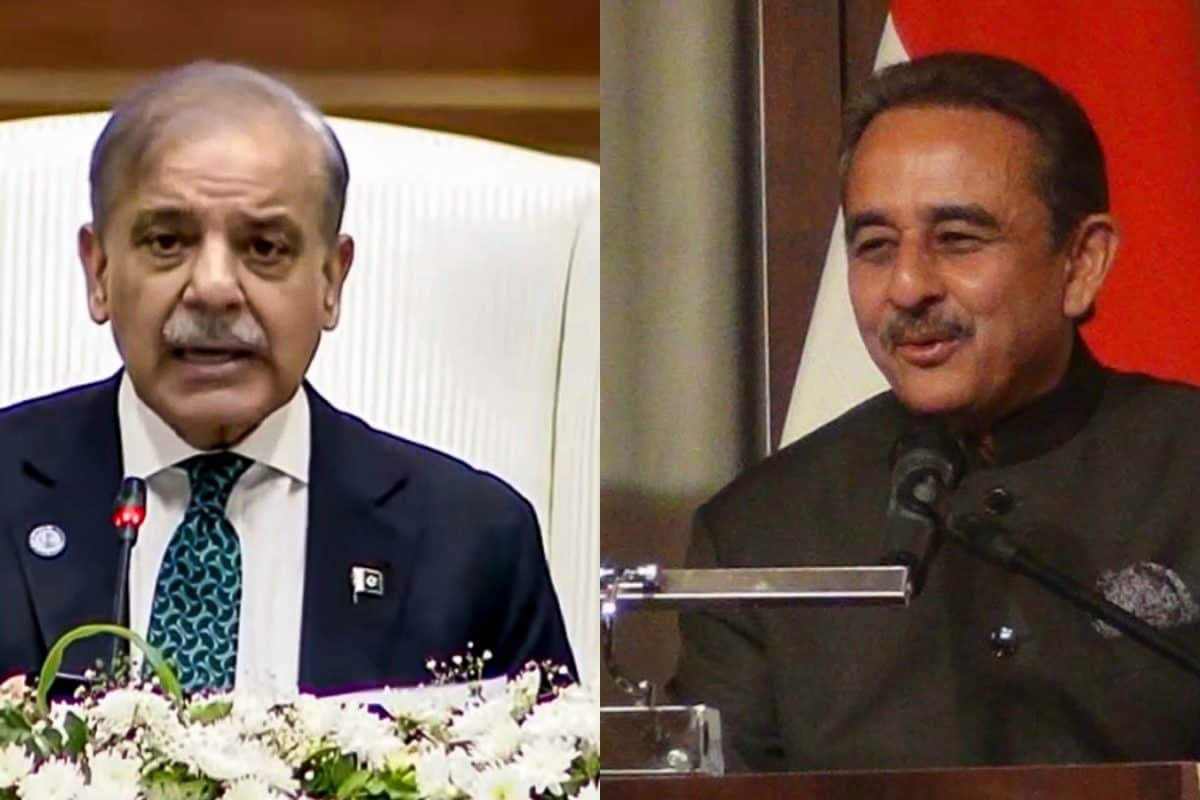

At a recent UN conference on glaciers in Dushanbe, Tajikistan, India strongly responded to Pakistan's remarks concerning the Indus Waters Treaty (IWT). The Minister of State for Environment, Kirti Vardhan Singh, asserted that Pakistan should refrain from blaming India for any breaches of the treaty, highlighting that cross-border terrorism emanating from Pakistan significantly impedes the treaty's implementation.
This exchange occurred during the first UN conference focused on glaciers, where Pakistan's Prime Minister Shehbaz Sharif accused India of jeopardizing millions of lives by holding the Indus Waters Treaty in abeyance for narrow political purposes. Sharif stated that India's "unilateral and illegal decision" to suspend the treaty, which governs the sharing of waters from the Indus Basin, was deeply regrettable.
India has firmly rejected these accusations, with Singh condemning Pakistan's attempt to misuse the UN forum by raising issues outside its purview. He emphasized that the persistent threat of cross-border terrorism, alongside factors like technological advancements, demographic shifts, and climate change, necessitate a reassessment of the obligations outlined in the Indus Waters Treaty.
The Indus Waters Treaty, signed in 1960 with the World Bank as a signatory, allocates the waters of the Indus River system between the two nations. Specifically, it grants India control over the Eastern Rivers (Beas, Ravi, and Sutlej) and Pakistan control over the Western Rivers (Indus, Chenab, and Jhelum).
Tensions between India and Pakistan have escalated following a terrorist attack in Pahalgam, Jammu and Kashmir, on April 22, 2025, which resulted in the deaths of 26 people. India has accused Pakistan of sponsoring the militants responsible, leading to the suspension of the Indus Waters Treaty as part of a series of punitive measures.
India's representative to the UN, Harish, stated that India had repeatedly requested Pakistan to renegotiate aspects of the treaty to reflect contemporary realities, but these requests were refused. India argues that the treaty, based on the engineering techniques of the 1950s, needs modernization to address climate change, glacier melt, water variability, and clean energy demands.
In response to the treaty's suspension, reports from Pakistan indicate that India has released water from dams into the Jhelum River without prior notification, causing flooding. Conversely, there have also been reports of declining water levels in the Chenab River, with India allegedly closing the Baglihar Dam and planning similar actions at the Kishanganga Dam.
India maintains that its actions are justified by Pakistan's violation of the treaty's spirit through continuous hostility, including wars and state-sponsored terrorism. The Ministry of External Affairs has emphasized that cross-border terrorism interferes with India's ability to fully exploit the treaty's provisions, and that the treaty's foundation of goodwill and friendship has been eroded by Pakistan's actions.
India's decision to suspend the Indus Waters Treaty has introduced a legal grey area, raising concerns about the future of water-sharing between the two countries. While India has expressed a desire to modify the treaty to address modern challenges, Pakistan has strongly condemned the suspension, warning that any action affecting the flow of water would be met with a powerful response.